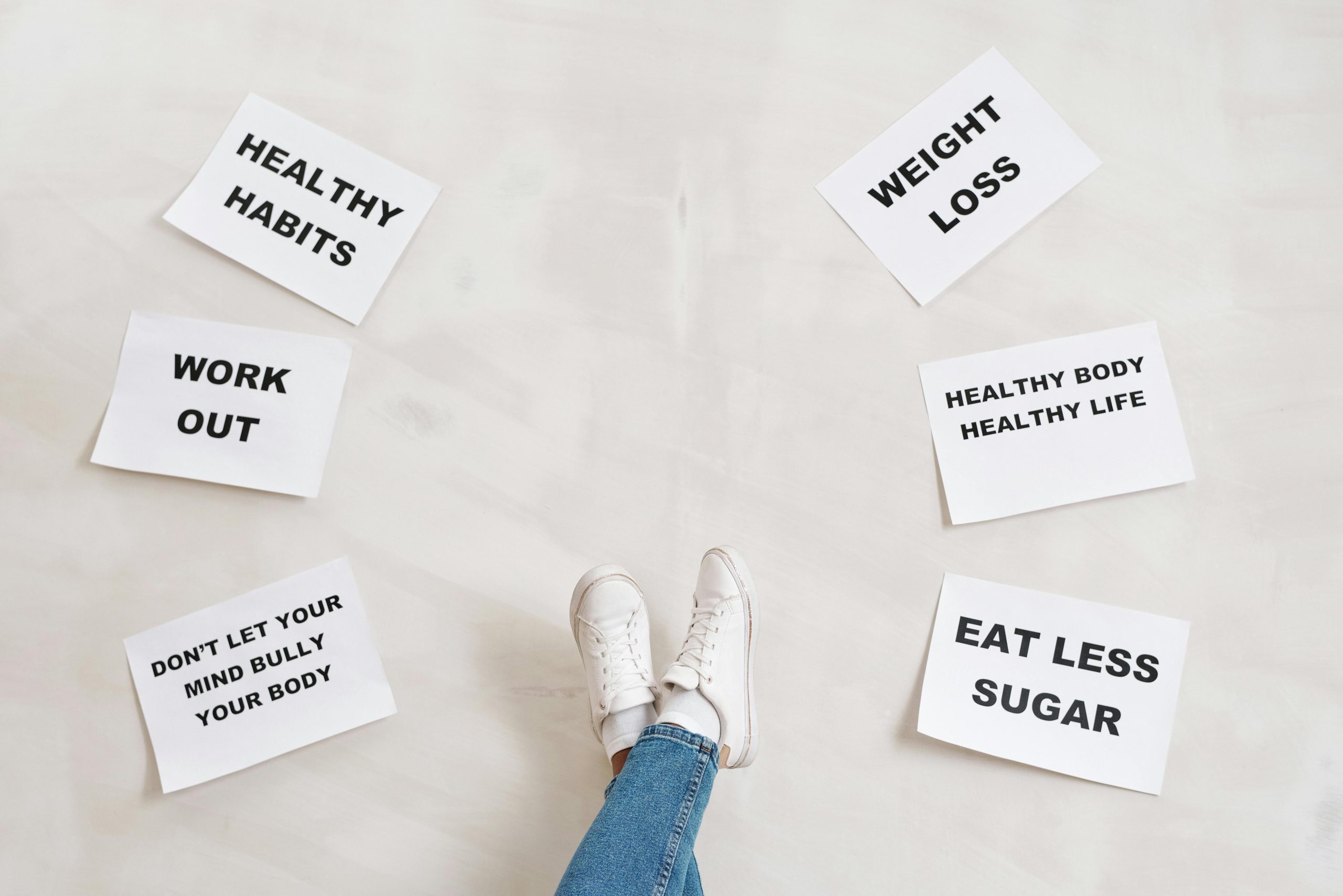Have you ever wondered how your connection with food formed? (And how to mend what doesn’t serve you) Nutrition is for sustenance. If it serves any other purpose, your association with it evolved, influenced by various factors. When seeking practical changes, delving into your developmental years can be beneficial. We grasp food utilisation from an early age and seldom challenge these connections later. Esteemed theorist Hilde Bruch proposes that infancy sets the stage for confusion, feeding distress and hunger. Family dining moments significantly shape self-worth, social adeptness, and food rapport. Reflect on your childhood meals. How did your guardians approach weight, food, and dieting?
What predominated at your dinner table emotionally?
Which of the ensuing applies to you?
• My mother fretted about her weight / dieted when I was young
• I couldn’t voice my opinions during mealtime
• I recollect contemplating my weight when I was young
• In my family, we equated beauty considerably with weight
• Mealtime anticipation was absent for me
• My parents coerced me into consuming foods I disliked
• Dinner occasions were punctuated by yelling / arguments
• I recall feeling anxious during meals
• I was cautioned against wasting food during meals
If any resonate, such experiences could foster a link between emotions and food, permeating into adulthood.
What eater archetype do you embody? (And how to amend it)
• I am a stickler. I crave control (over food/weight/diet)
• I indulge in food as a reward – to be ‘kind’ to myself
• I derive pleasure from pleasing others and struggle to refuse (not solely related to food)
• I eat when enraged
• I eat when under stress
• I restrict food intake to penalise myself and experience guilt if I am unsuccessful
• I eat when despondent
• I hastily consume meals
• I struggle to leave food uneaten
• I eat when emotionally wounded/distressed
• I consume in secrecy
• I eat to sidestep conflict
• I lack a consistent food regimen
To survive, all creatures learn dietary habits from their parents. It’s improbable our parents exhibited flawless eating behaviours, leaving room for adult refinement. Assess if habits or beliefs remain pertinent. For example, why is there a notion of finishing one’s plate? What ensues if a solitary potato or Brussels sprout remains?
Do you utilise food as a means of dominance? Children learn to influence adults through food. Did you seek attention by abstaining from eating or causing a commotion? Or were you compelled to ingest disliked foods, feeling powerless? Redirect focus to the underlying issue rather than resorting to eating. Identify stressors – job/family/finances, and enact pragmatic alterations to restore control.
Can you refrain from clearing your plate? “Consume your meal or forfeit dessert.” Familiar? Or perhaps ancestors encouraged hearty consumption. Opting to leave surplus food may be healthier.
Are you predisposed to appeasing others? Do you struggle to utter ‘no’? Observe if you learned that only by conforming to specific standards — clever/attractive/slim — would you garner love. Assess situations warranting appeasement and those where it’s merely habitual. Learn to decline when unnecessary politely.
Do you curtail food intake, subsequently experiencing guilt upon indulgence? Were you once deprived of supper as a punitive measure? Regain equilibrium by stabilising blood sugar levels and diminishing cravings. Reframe from self-punishment to health enhancement. Reflect on the breach in the cycle: What prompted it, and how should we proceed differently next time?
Do you resort to food when experiencing sorrow or craving affection? “Have some chocolate; it’ll uplift you.” While momentarily uplifting, the sugar surge doesn’t address the root cause. Confront distress directly or solicit affection from loved ones.
Do you perceive food as a reward? Many received food as a reward or token of affection. Opt for guilt-free indulgences to foster positive self-reinforcement.
Do you indulge in clandestine eating? Were sweets concealed to deter consumption? Challenge such beliefs. Avoid solitary eating and serve suitable portions.
Do you rush through meals? Siblings appropriate your food if it is consumed too slowly. Slow down, chew thoroughly, and pause between bites.
Do you resort to food when incensed, frustrated, or to evade conflict? Eating may alleviate tension if you cannot effectively voice your opinions. Learn assertiveness or seek alternative stress outlets.
Top strategies for joyous mealtimes:
• Dine together at a table, eschewing TV distractions.
• Avoid coercion, bribery, or compulsion.
• Refrain from rewarding non-consumption with attention; they’ll eventually eat.
• Pair mealtimes with enjoyable activities or conversations.
• Establish regular eating schedules for blood sugar balance.
• Serve as a positive role model, encouraging culinary exploration from a tender age.
As part of our commitment to holistic health, Total Health Now Clinic offers free 30-minute consultations to explore how these natural remedies can support your well-being.










